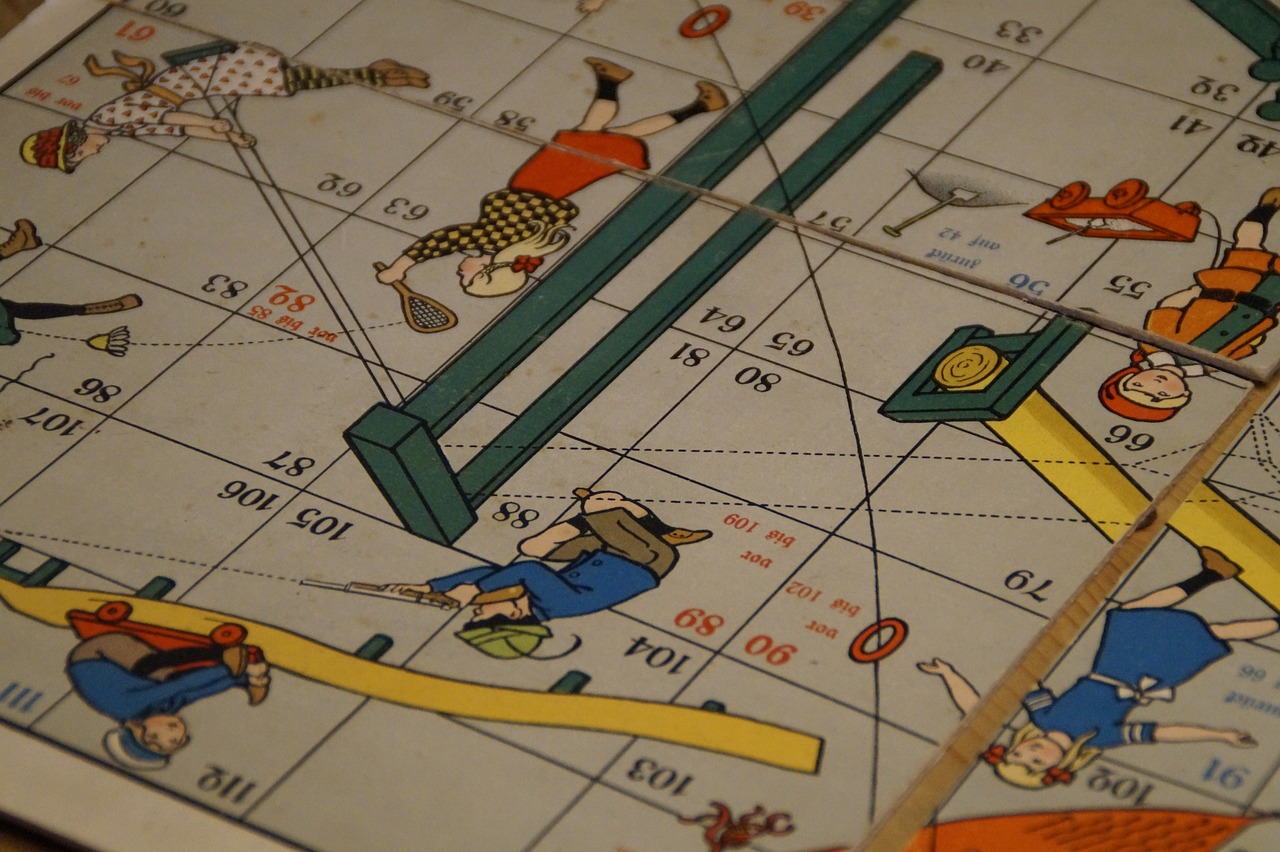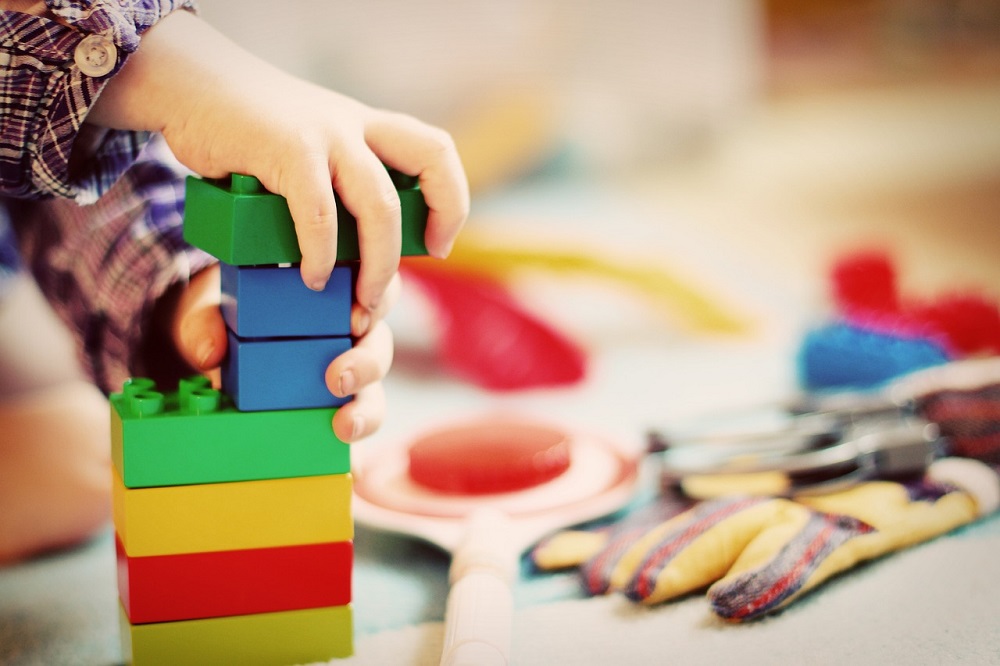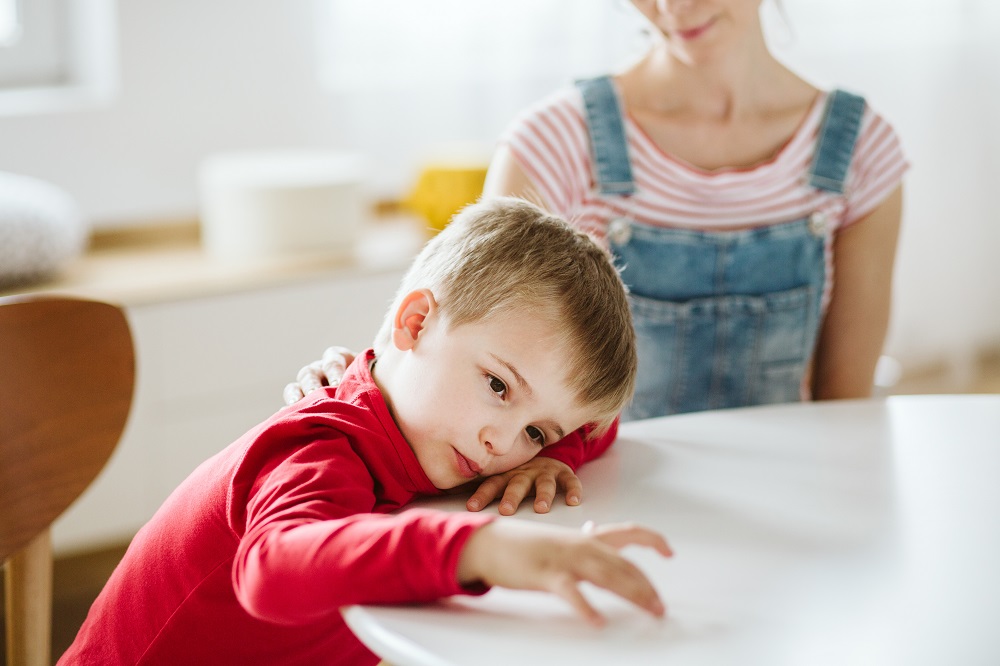If you have recently had your child diagnosed with ADHD, then you might already be somewhat aware of it, enough to have it checked out by a doctor, at the very least. It can feel like quite a weighty diagnosis to deal with, but the truth is that tons of children thrive and go on to live healthy, successful lives with ADHD. Here, we’re going to look at what the reality of having a child with ADHD is like, how you can manage it, help them prepare, and be aware of the effects it can have.
How it can manifest
If your child has already been diagnosed with ADHD, then you may already be somewhat familiar, at least, with how it can present in them. The symptoms of ADHD in a child can vary, but typically they present as a certain hyperactivity, a desire to always be moving, playing, or focusing on whatever interest has their attention. Getting a child with ADHD to sit still, pay attention, or wait for their turn can be difficult at times. Untreated, these symptoms can lead to social and emotional problems, like difficulty making friends, poor self-esteem, and more. Of course, there is a lot that parents, teachers, and other parts of a child’s support system can do to help them.
How is it treated?
Once you have noticed some of the hallmark ADHD or add symptoms, you’ll likely want to discuss these with a doctor and have them properly tested. If the tests come back with the indication that they have one of these conditions you’ll want to discuss the kind of treatment to pursue. There are medications that can help manage some of the symptoms but, in general, a combined approach of medication with behavioral therapy is the most widely recommended course of action. A therapist or counselor can work with you and your child to develop strategies to manage their behavior, such as creating more structure, encouraging routines they can follow, and finding the appropriate rewards for good behavior, while discouraging bad behavior. This is a long-term treatment approach, your child is not suddenly going to act like they don’t have ADHD, so it’s important to manage your expectations.
Know how you can help them manage it
The doctor will likely recommend treatments, such as medication, to manage the most bothersome aspects of ADHD. However, you as a parent can do a lot to help your child manage the condition too, and how you do this can differ at different stages of their life. For instance, some of the most popular tips for parenting teens with ADHD recommend that you look out for mood swings and offer support when they’re going through them, talk about risky behaviors such as reckless driving, alcohol consumption, and the like to help them avoid negative consequences and to practice social skills. A nuanced approach is needed, no matter what the age, which is something you can only provide personally.

Understand the different types of ADHD
ADHD is an issue that can affect children differently, and how it presents in your child might not match what you have seen, for instance, in other children. There are those who display mostly hyperactive or impulsive presentation, those who display a mostly inattentive presentation, and those who display a combined presentation. By understanding which type your child has, you can make sure that you’re focusing your energies on helping them with the symptoms that are most likely to be causing them trouble, rather than putting your attention where they’re not likely to help. Similarly, as their parent, you may be more likely to notice the behaviors they are more prone to than their teacher, so it can help to share this information, as well as any management strategies that work with you.
It doesn’t mean that they can’t focus on anything
Some parents might notice that their child with ADHD has difficulty focusing on school, homework, chores, or other things that they should be paying attention to, but if they are doing their favorite art activity, playing their favorite video game, or watching a beloved show, they can remain focused for a long time. This can make parents skeptical about ADHD, but this is another facet of how it works. People with ADHD often develop what we call hyperfixations, which can seem like the opposite of how they usually work. Rather than an inability to focus, they can find themselves almost unable to pull their focus away from their hyperfixation. This is how ADHD works, it’s not always a constant lack of focus or attention.
Defiant behaviors and ADHD
Some parents can have trouble coping with an ADHD diagnosis for their child because it can seem like it makes their child more likely to act out in defiant behavior or even emotional or physical outbursts. These are common in children with ADHD but are not a symptom of the condition, itself. Rather, they often manifest when a child is told to remove their attention from something they are enjoying, to instead focus on something that’s less fun, even if it’s necessary, like getting dinner or getting dressed. Defiance is usually their means of trying to avoid those situations. Parents can help them transition to necessary chores a little more easily by, for instance, breaking the chore down into smaller tasks.

Will they grow out of ADHD?
ADHD is most commonly diagnosed in children and teenagers. We know that the symptoms of the conditions can change as they get older and that a lot of people who are diagnosed may not meet the criteria for that same diagnosis by the time they are young adults. That said, it’s not a certainty, and there are plenty of adults living with ADHD. Often, by that age, they have learned strategies to cope and to be productive in spite of the condition. However, it’s not safe to assume any trajectory for your child. It’s important to keep working with them and keep developing strategies to help them.
Of course, aside from all of the above-mentioned facts, it’s a simple truth that every child is different. It’s important to remember that and to treat them, above all, as your child, and not as a condition.

